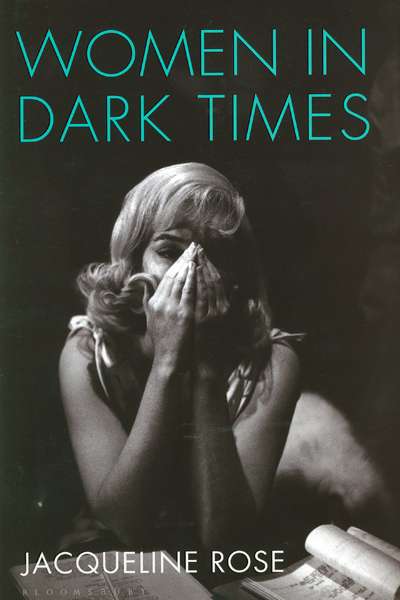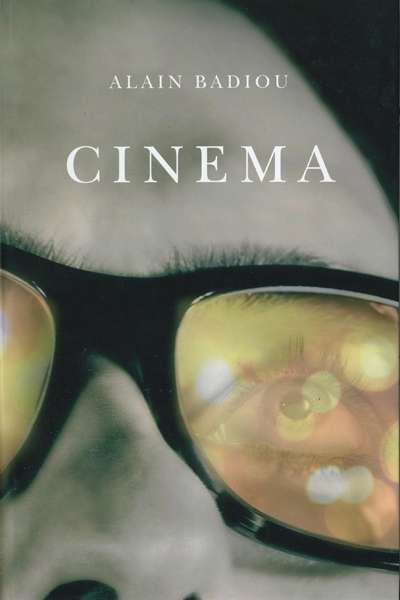Accessibility Tools
- Content scaling 100%
- Font size 100%
- Line height 100%
- Letter spacing 100%
Criticism
The ABR Podcast
Released every Thursday, the ABR podcast features our finest reviews, poetry, fiction, interviews, and commentary.
Subscribe via iTunes, Stitcher, Google, or Spotify, or search for ‘The ABR Podcast’ on your favourite podcast app.
‘Where is Nancy?’ Paradoxes in the pursuit of freedom
by Marilyn Lake
This week on The ABR Podcast, Marilyn Lake reviews The Art of Power: My story as America’s first woman Speaker of the House by Nancy Pelosi. The Art of Power, explains Lake, tells how Pelosi, ‘a mother of five and a housewife from California’, became the first woman Speaker of the United States House of Representatives. Marilyn Lake is a Professorial Fellow at the University of Melbourne. Listen to Marilyn Lake’s ‘Where is Nancy?’ Paradoxes in the pursuit of freedom’, published in the November issue of ABR.
Recent episodes:
Last month in Melbourne, a group of book reviewers and literary editors took part in a conference organised by Monash University’s Centre for the Book. There were more than thirty short papers, or ‘provocations’, as they were styled. Our Editor lamented the low or non-payment of some reviewers ( ...
Susan Sontag by Daniel Schreiber, trans. David Dollenmayer. & Susan Sontag by Jerome Boyd Maunsell
The Critic in the Modern World: Public criticism from Samuel Johnson to James Wood by James Ley
The ability to situate a work in its context, to praise it without flattery, to argue against it without rancour, to be authoritative without being a know-all, to make difficult matters clear without condescending to the reader – and, of course, to be a good writer in his or her own right.
... (read more)Cinema by Alain Badiou, translated by Susan Spitzer
Writing first
Dear Editor,
Rock critic Robert Christgau once argued that ‘writing about music is writing first’. His edict puts paid to all those who have erroneously demanded that music reviewers must be musicians themselves or otherwise musically literate. If you can listen to and appreciate music, then you can write about it.
... (read more)‘We place on paper without hesitation a tissue of flatteries, to which in society we could not give utterance, for our lives, without either blushing or laughing outright,’ wrote Edgar Allan Poe in 1846. His title was ‘The Literati of New York City’; his topic was the discrepancy, as he saw it, between the critics’ private opinions of books and the polite reviews of them that appeared in print. Literary criticism in New York in the middle of the nineteenth century, Poe argued, was essentially corrupt: a matter of back-scratching, currying favour, and chasing after influence, power, and money.
... (read more)






